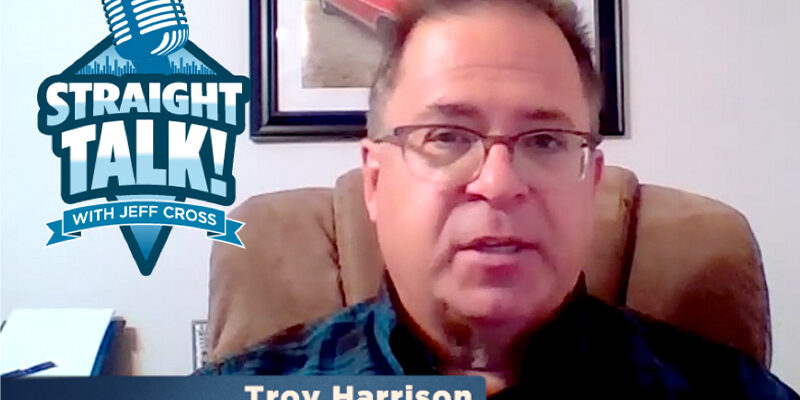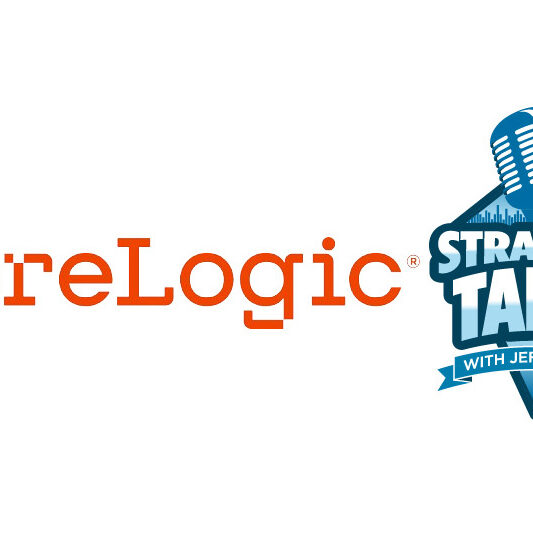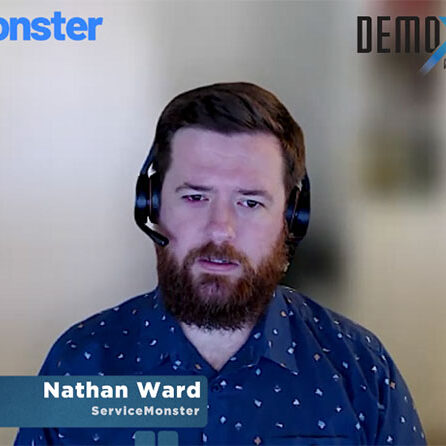Business School 101

By Chuck Violand
The students sat eagerly waiting for their professor to start the day’s class. This was a required course for their graduate program, so most were giving him their full attention. “You’re about to graduate from school, enter the workforce, and try to make your mark in the business world. Based on what you’ve learned so far in this class, what do you think is the most important factor that leads to business success?” he asked.
Definitions of success
A student in the front row raised his hand immediately. He was the kind of guy who always came to class early and prepared, and he was eager to offer his opinion. The professor called on him.
“Like you’ve always told us,” he said, “there is no such thing as a free lunch.”
The professor replied, “In a free market economy, there’s no doubt that everyone has to pay their own way in some form. After all, in business someone always pays.”
While the idea of no free lunches made sense to the professor, he didn’t think the answer went deep enough, so he kept looking around the room. The next student the professor called on was minoring in finance, so the answer he offered was not much of a surprise. “If you don’t hit your quarterly numbers nothing else is going to matter.”
The professor suggested that, while a lot of investors and people on Wall Street might agree with him, he wasn’t sure if the small business owner on Main Street would. After all, she might be struggling with the demands of running a small business, keeping customers happy, and trying to have time for family or friends. He didn’t think she spent much energy worrying about meeting quarterly numbers when she was focused on weekly payrolls and keeping her employees busy.
The professor thought he’d give one more student the chance to weigh in. A student in the back of the room offered, “It’s like the sign former president Harry Truman had on his desk that read ‘The buck stops here.’”
The professor loved the idea of not passing the buck—of taking responsibility for one’s actions and owning the outcomes of the decisions made. But, once again, the answer he was looking for went much deeper than platitudes on an executive’s desk. He asked the students to think about the companies where they were currently employed or imagined being employed when they graduated. He asked them to think beyond financial performance, current management fads, or the struggle to balance business with their personal lives.
The trust factor
The answer the professor was looking for was much deeper than any of the answers he was hearing. It was something that served as a foundation for all the answers his students gave. In fact, it impacts virtually every element and outcome of business.
The word the professor was looking for was “trust.” Having been involved in business and then teaching business for years, he had witnessed firsthand the impact this five-letter word can have on the performance of a business, and it was a lesson he felt his students must understand before leaving school.
When the professor stated that trust was the most important factor that leads to business success, he couldn’t help but notice the confusion on some of his students’ faces. He figured a good way to explain his reasoning was to show how trust was at the heart of each of the answers they had given when confronted with the question.
Free lunch
“Let’s start with the notion that in business there’s no such thing as a free lunch,” he said, referring to the first student’s comment. He agreed that in a free market economy everyoneis responsible for his own wellbeing. And it’s based on us trusting that we’re all playing by the same rules, whether those rules apply to an economic system, society in general, or simply to the company where we’re employed.
The problem comes in when trust breaks down because we either discover or feel the rules don’t apply equally to everyone and we’ve been misled. Before long we can start to feel that, rather than there being no such thing as a free lunch, the deck has been stacked against us. Trust soon evaporates.
Hitting the numbers
At first, the argument about hitting the quarterly numbers seemed fairly airtight. The professor conceded that numbers are important and that any business that doesn’t make its numbers—however they’re defined—often enough won’t be around for long.
But what happens when the need to hit the numbers crosses the lines of ethics or the law? What happens when a big corporation misleads investors about its financial performance in order to support its stock price? Or, when a small business manipulates its sales or expense reporting to secure a loan or to affect employee bonuses? Some will claim that every company does this, but do they? And is it really invisible to the people who can make a difference in a company’s performance?
How long does it take for investors or employees to lose faith in such a company or for its customers to start buying from other companies they trust? How will this affect hitting those quarterly numbers?
The buck stops here
The discussion was then brought around to Harry Truman’s famous sign stating, “The buck stops here.” The professor admired his student’s eagerness to take responsibility for his actions. He found it refreshing. He agreed that business leaders are responsible for everything that takes place within their company, either directly or indirectly. His concern was with those leaders who should change the sign to read “All the bucks stop here,” in other words, those micro-managing leaders who don’t trust the people in their organizations to do the jobs they were hired to do. Where is that trust?
What kind of people will these companies be able to attract or keep once they discover their boss is a control freak? What kind of business performance can a controlling owner expect to generate if every decision must go through him?
The professor made it clear that he wasn’t naïve enough to think that every business and every person is trustworthy, but he could tell by the looks on some of his students’ faces that they were reconsidering the role that trust plays in business. His hope was that some of them were also rethinking the role that trust will play in their careers…and their lives.
Chuck Violand is the founder and principal of Violand Management Associates (VMA), a highly respected consulting company in the restoration and cleaning industries. Through VMA, he works with business owners and companies to develop their people and profits. For more information, visit www.violand.com.












